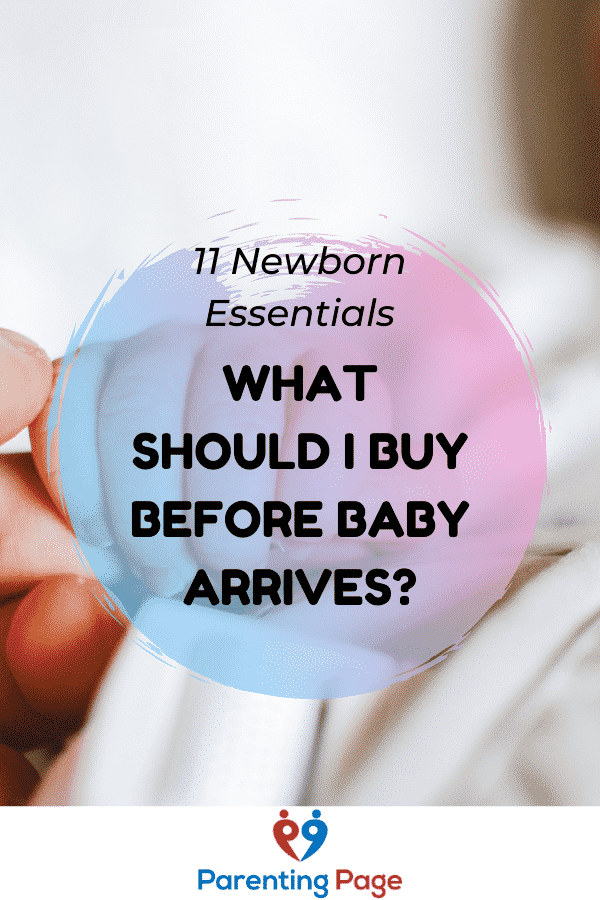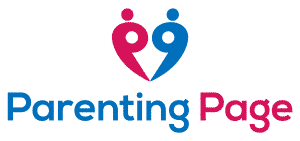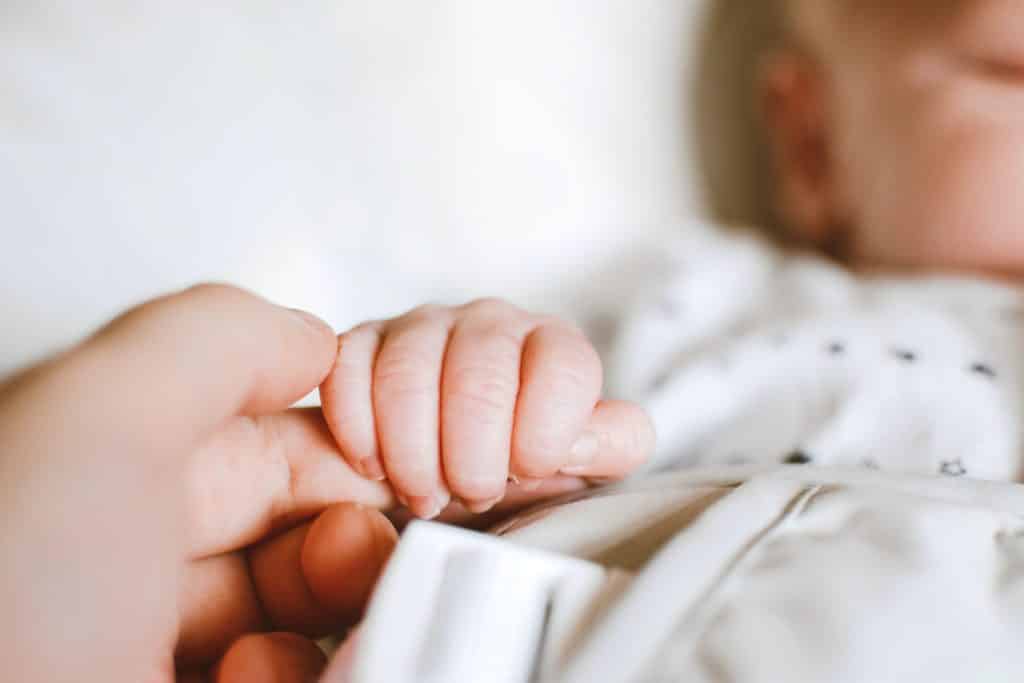Table of Contents
Do I Need to Include Hospital Hats in My Newborn Essentials List?
Yes, including hospital newborn hats in your newborn essentials list is a good idea. These hats are designed to keep your baby warm and cozy in those crucial first days of life. They are also carefully made to protect your baby’s delicate scalp.
What should I buy before baby arrives? This is probably one of the most important questions an expecting parent may ask and the answers are never simple and easy.
Online and within your circle of friends, there is plenty of advice for expecting parents on when to buy or what to buy before the baby is born. It can get confusing, and expensive, if you were to actually go out and purchase them all.
There are few necessities to have before the baby arrives, but most of what you buy for your baby can be based on personal preference, and if you have doubts, you can always wait and see how things go before you commit to a purchase.
Here are some of the bare necessities you need to have for your baby.
Somewhere to sleep
If you are buying a crib or bassinet that requires assembly it’s important to get this ahead of time, so that it’s prepared and all the packaging is out of the way. Have the bed made up ready, wash the sheets ahead of time. Your baby will spend a large amount of time sleeping in the first few months. If you want to wait for these items until your baby is older, then a bassinet is a great choice for co-sleeping, you can keep beside for easy night time nursing at night. It takes up little space and is a cosy and safe sleeping option until your bub outgrows it.
Crib mattress
It’s worth investing in a high quality mattress because you’ll be using it for a number of years. Most cribs are great toddler beds, as baby grows panels can be removed to make a neat little bed they feel safe in and know well. Mattress protectors are the perfect way to protect your mattress from accidents and keep it clean and stain free. It helps to have a second mattress protector to use when the first is in the wash.
Diapers
Diapers are one of the most essential items to buy before your baby is born. It is a personal choice if you go with cloth or disposable diapers. If you are undecided you might like to have a few options ready to see what you (and baby) like going forward. Keep in mind that newborns use lots of nappies to start with, however, it is not recommended to buy bulk boxes because some brands or material can be irritating to babies skin. You may also find they are not the right fit. Usually one box of it is enough to try starting out.
Hygiene and grooming items
How much you’ll need for bathtime will depend on your current bathroom set up.
If you don’t feel comfortable using your current bathtub for baby you can buy an insert to go in the bath or use a small baby tub/basin (there are newborn inserts as well to help support tiny babies). Some baby tubs are also on stands so you can bathe them standing up and don’t have to worry about lifting a baby from a low position on wet ground.
It’s good to buy new baby towels, washcloths etc and wash them in baby wash solutions beforehand so they are clean and soft on delicate skin.
- Soft baby towel
- Small washcloths in a variety of fabrics (cotton, sponge, flannel)
- Multiple change table covers or mats for changing clothes and diapers (your preference for what these are made from) as these will get dirty and wet quite a bit so make sur ethey are easy care.
There are also baby specific products including gentle soaps, baby oils and rash creams you can use for nappy changes and washing.
- Soap or liquid wash
- Moisturiser or oils
- Rash cream (which also helps to project their skin even if they don’t have a rash)
Baby creams and soaps that have a hint of lavender are a good idea for just before bedtime as they have natural soothing and calming effects that help with getting to sleep.
For hygiene and grooming consider:
- Soft baby brush and or comb
- Nail cutters
- Wet wipes
For breastfeeding moms consider soothing nipple cream (although breast milk cues just about everything from acne to nipple soreness) and nipple pads that will help catch leaks.
Nursing items/equipment
Breastfeeding moms will need far less equipment. It’s your personal choice if you express milk for your baby and bottle feed in addition to natural feeding.
Make sure you have a good supply of nursing bras. Keep in mind you may go up by at least a cup size after the baby is born.
Bottle fed babies
- Formula
- Sterilizer (although you can use boiled water over the stove in a large pot)
- Bottles and teats (these can be very different from brand to brand so start out with a few and buy more of the ones you like. You will notice different bottle sizes and different teat shapes, your baby may prefer one over the other. There are also different flow sizes, which are recommended by age, so pay attention to the packaging to buy the right one for your baby’sage.
- Bottle wash (there are food grade disinfectants available for baby items)
- Bottle brushes to scrub all the way to the bottom and small brushes to clean out teats.
For breast milk
- Pump (there are many to choose from including double, hand pump, battery and electric)
- Milk storage containers/bags
Breast milk is recommended for at least the first six months, but ideally for two years.
Travel essentials
Car seats are mandatory for your child’s safety so you’ll need one purchased and installed (or know how to install it if you are travelling by cab) before your baby comes home.
You may also like
- Stroller (sunshade/rain guard)
- Carrier/sling
- Diaper bag
It is well worth checking these out carefully and borrow items from friends to try out if you can as different brands and styles feel very different and work in different ways.
With strollers, check to see how well a stroller folds and unfolds, can you manage this yourself? How light is it to lift into your car. Don’t be shy about practicing with store display items to know what you are buying and be sure it fits in your car as well as being small enough to easily fit through supermarket checkout lanes, if getting through easily is something you might need down the track.
Baby clothes
You’ll need to have about a week’s worth of clothes in the wardrobe as you’ll find baby will go through them quickly with spit ups and leaky nappies. The hospital will give you a few outfits that are best for the umbilical cord stump, which you might have to navigate for a few weeks until it drops off.
What you choose for the clothing items will depend a bit on the season.
Consider:
- Jumpsuits: Short and long sleeves
- Pants
- Socks
- Footed pajamas (zip pajamas take less time to change)
- Booties and mittens (babies have long fingernails so little gloves prevent them accidentally scratching their own face)
- Sweater or jacket for the cooler season
Aside from clothing other items that are helpful are:
- Swaddles
- Baby blankets
- Burping bibs
First aid items
While nobody plans for accidents to happen, you do need to plan to be ready when they do. A basic first aid kit should do the trick, but baby packs also come with nasal clearing bulbs, nail clippers, long tweezers, medicine measurers and dispensers for little mouths and a thermometer. You might like to include some baby ear cleaners (these are great for applying ointment or unblocking a tiny nose, as well as some santiseed sealed wipes which are good for first aid as well as cleaning little eyes.
Maxi pads and Ice pack
Whether you undergo C-section or normal delivery, it is expected that a mom will experience heavy bleeding three to five days after her delivery. Given that the bleeding may last 2 to 6 weeks, buying maxi pads ahead of time is really useful. Do have a supply in your hospital bag as well as a few spare panties. Ice packs can mend swelling and soreness as well. Take it easy for afew days and stay off your feet. You might want to prepare some healthy and nourishing meals to put in the freezer.
Baby toys
These are by no means essential items and you can buy as you go, as you won’t know yet exactly what toys your baby will be into. No matter how much money you spend on toys, your baby will be just as happy with household items to chew, suck, rattle and bang, so it’s okay not to splash out on toys. Just remember that your child’s favourite toy will be you, so be sure to spend lots of time playing with them and letting them grip and grab you.
There are so many sensory and beautiful toys out there, just make sure they are safe for your baby’s age group.
Nice to have:
- Board books
- Soft books
- Soft blocks
- Crib mirror
- Stroller and crib attachments
- Play mat
It is not wise to buy car seat toys because it may amplify the risk if there is an accident.
Feeding solids
You won’t need to buy items for solid feeding before the baby is born, but it’s good to keep in mind that soon (within four to six months) your baby will take an interest in something other than milk. You’ll know your little one is ready when they start reaching for your spoon and taking an interest in your food. It’s good to have some soft baby utensils ready for them to explore and mouth.
For feeding later on you might consider:
- High chair- You can choose between a portable high chair and freestanding high chair. Check which one suits you and your baby.
- Bowls- Most parents love baby bowls with suction cups that stick to high chair trays and table tops so baby can’t upend them. Plastic, bamboo material or rubber is best as they won’t shatter if dropped or thrown. It’s also good to pack some in the travel bag when baby is old enough as cafes and restaurants often don’t have baby safe crockery.
- Spoons– a plastic or rubber-tipped spoon is best for a baby’s gums and are designed to fit little moths and clumsy fingers.
- Bibs – spitting, moving at the last minute, dollops and finger painting make a big mess at meal times so baby bibs are great for protecting clothes and wiping mouths as you go.
You may also be interested in the Top 10 frequently asked questions by new parents.


